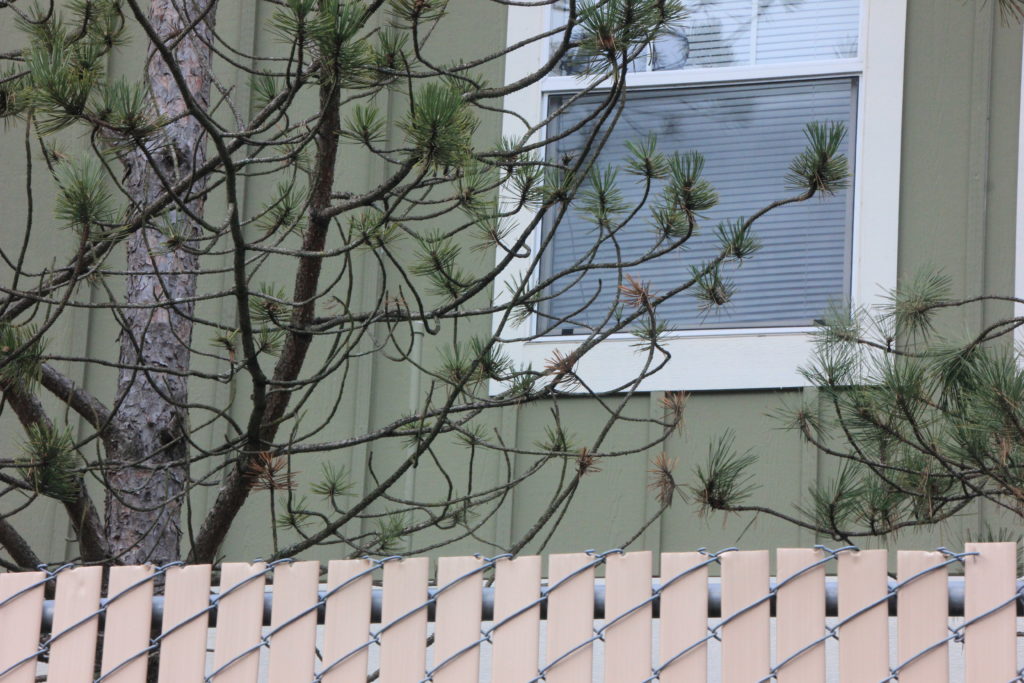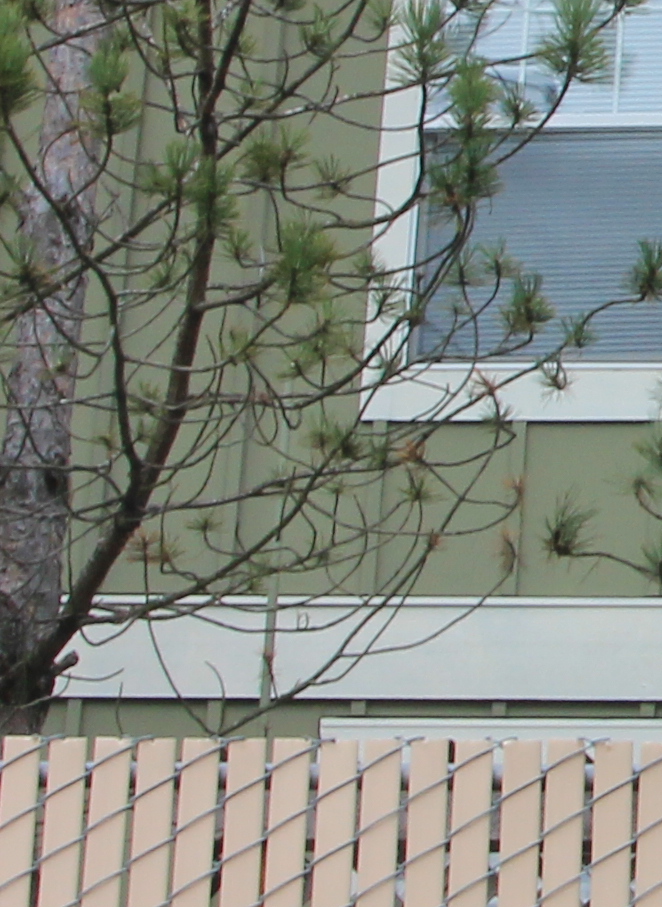Warning! The may be of interest only to geeks.
During December, with everything else going on, I attended a two-Saturday class to prepare for my amateur (ham) radio license. At the end of the class, we could take the test, and I passed to get my Technician Class license. I was briefly KI7JJK, but I changed it to K7RCH. This is the entry level, but it gives me quite a few privileges. In the old days, the entry level was the Novice Class, and I actually held this license about 50 years ago when I was in high school. At that time, all levels of licenses except Technician required morse code. I was able to pass the Novice code test, but the Novice license was only good for 1 year and I never got my speed up enough to pass the next level, so the license lapsed. (Although the Technician license did not require code even then, it was aimed at experimenters and was much more limited it its usefulness than it is now.)
I originally decided to pursue the ham license for emergency preparedness purposes. Obviously, radio is no longer needed in most circumstances for long-distance communications. However, my community of Kenmore has a horrible record for power outages. When the power goes out, the computer is worthless, the internet is inaccessable and cell phone communications follow soon after. (Even if I have plenty of backup batteries, the cell tower backup batteries fail after a few hours.) While attending an emergency preparedness seminar a few months back, I learned that basic ham radios are no longer very expensive and could be a way of communicating when cell phones are not available. Given Janie’s experiences of the last few years, I do not want to be without a means of communication. Besides, they keep predicting that “The Big One” will happen sooner or later, and ham operators have been a key part of emergency communications for more 100 years. Since I had once had a ham license, and I am a certified geek, I thought “Why not?”
After passing the test, I needed to get set up. This has proven to be more challenging than I expected, although the technical challenge is part of the appeal to me. Jess got me a handheld ham radio for Christmas. Janie got me a Ham Radio for Dummies book, and I have gotten other books as well.
I realized that I really couldn’t reach anyone from my condo with the low-power transmitter and stock antenna. So now I am on a quest for improving my signal. This can be challenging in a condo or any apartment building or community with restrictive covenants, because there are limits on putting up antennas. I have gone from getting a bigger portable antenna, to hanging a full size antenna in my den, to placing a “stealth” antenna outside. Can you see the antenna in either of these pictures?
I could get a more powerful radio, but the antenna is actually as important, and I think it’s better to use my low power to confirm that I’m improving my signal before going to a more powerful radio. I’m still working on all that. Fortunately, hams are incredibly generous in offering to help newbies, and I plan to go to some get-togethers and get advice from more experienced hams.
In studying for my license and reading up on ham radio in general, I learned that the hobby has evolved in the last 50 years. First, the bands available to the Technician Class license are in more general use, so it is easier to communicate with people. Secondly, there is a great deal of crossover between computers and ham radio now. Ham radio can be used over the internet for long distance communications that would not be available with the radio alone. For example, I might get a radio link to an area that still has power and then piggy back onto the internet to get the signal to another part of the country. It is even possible to call someone with a telephone at the other end using a radio at my end. Also, computers can be used to control radios, improve the readability of transmissions and replace expensive test gear. I’m very interested in learning about these new technologies.
Although I got into ham radio this time for emergency purposes, I am excited about pursuing it as (yet another) hobby. It relates to computers, but it also has similarities to woodworking in that hams like to build things. (Hams actually developed the technology that led to cell phones.)



No, do not see the stealth antenna.
Try meetup.com for other hams?
I don’t really need Meetup–there are on-air networks of hams that I can contact, and a couple of local clubs I will check out, This is something you should look into. It’s techie and it would be great for hiking or kayaking.